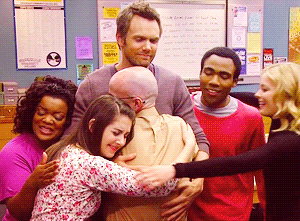- Joined
- Aug 12, 2010
- Messages
- 177
- Reaction score
- 43
Hey everyone. So today at work (I work part time as a PCA/tech) we had a rapid response. In my hospital, the rapid response team is composed of various resident physicians, nursing supervisor, and a respiratory therapist. They are called for emergent situations, including those that could evolve into a code. Today, apparently the patient had a seizure and was unresponsive for a period of time (I wasn't involved at the beginning, so this is what I hear). They called the rapid response, and after awhile, the nurses were attempting to start the patient on fosphenytoin, but they spent a good deal of time trying to figure out the dose, how to prepare it, etc. For this and one or two other medications (I believe versed was another), they were looking up drug charts, discussing/arguing amongst each other how to calculate the dosage. The whole time, I was standing there thinking "if only there was a pharmacist on the rapid response team!". Interestingly, there is a satellite pharmacist around the corner from our unit, but for some reason they didn't think to run over to the pharmacist for help with the fosphenytoin instead of spending about 20 minutes discussing it and looking things up.
So, my question ultimately is, what role do pharmacists play on the rapid response/code teams in your experience? Should all hospitals have a pharmacist on these teams, or are the nursing staff competent enough to deal with the drug issues in these situations (not trying to put down nurses, but I also think, in my limited experience, that having a pharmacist there would also allow them to focus on other important issues).
Thanks!
So, my question ultimately is, what role do pharmacists play on the rapid response/code teams in your experience? Should all hospitals have a pharmacist on these teams, or are the nursing staff competent enough to deal with the drug issues in these situations (not trying to put down nurses, but I also think, in my limited experience, that having a pharmacist there would also allow them to focus on other important issues).
Thanks!
